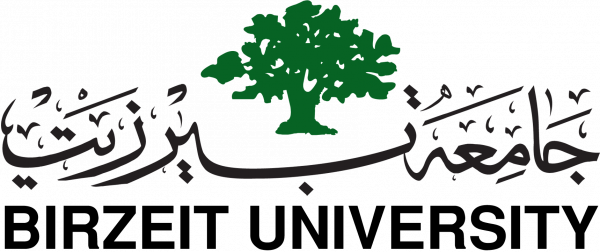Master’s Program
Introduction
Founded in 1998, the MA program is now in its eighteenth year of teaching.
For the first seven years of its existence, the Institute offered a Master’s Degree in Gender, Law, and Development. As of the current academic year (2016-2017), however, the Institute offers a Master’s Degree in Gender and Development Studies, with law a less specialized part of the program.
Since the outbreak of the second intifada in 2000, the erratic school year, invasions, road closures and other obstacles mounted by the Israeli military have put severe constraints on students’ ability to complete the program. Most of our MA students hold full-time jobs and are married with children; the hours of travel and the expense, not to mention the physical danger and emotional stress, involved in reaching the university from their home towns or villages, make attending classes impossible for most of them. Each year, more students from outlying regions (northern and southern areas of the West Bank and all of Gaza) have been forced by these circumstances to drop out.
Graduates and older students in the program are concrete proof of its positive impact on their career trajectories, and perhaps more importantly for us, have had a strong and growing impact on the way that gender issues are being addressed and debated across a wide range of Palestinian institutions, programs and activities. IWS has been a direct beneficiary of its own MA program, having been able to bring onto our staff five graduates, each of whom brings new energy, perspectives and skills to our teaching and research programs. We have also been able to support a number of our faculty in obtaining PhDs and other training abroad, and we are now receiving the benefits of their long-term commitment to continuing in the Institute.
Program's objectives:
1. Expanding and deepening students’ knowledge of existing theory and concepts related to gender and development on the international, regional and Palestinian levels.
2. Developing students’ analytical and critical abilities when dealing with
and evaluating policies and developmental programs from a gender perspective.
3. Developing students’ abilities to conduct research that contributes to the identification of the need for integrating gender in developmental sectors, and obstacles hindering it.
The Program aims to develop students’ abilities in four areas.
* Theory and concepts essential to understanding contemporary social issues, including those relating to the fields of development and gender.
* Methodology, involving analysis and critical thinking, in evaluating development and legislative policies.
* Needs assessment and analysis of obstacles involved in the creation and implementation of policy and programs relating to development.
* Awareness and understanding of the role of legislation in influencing policies relating to development and other social issues.

